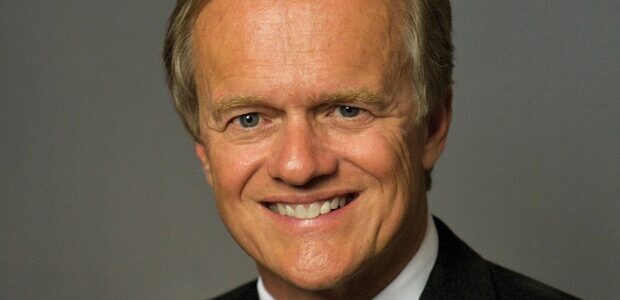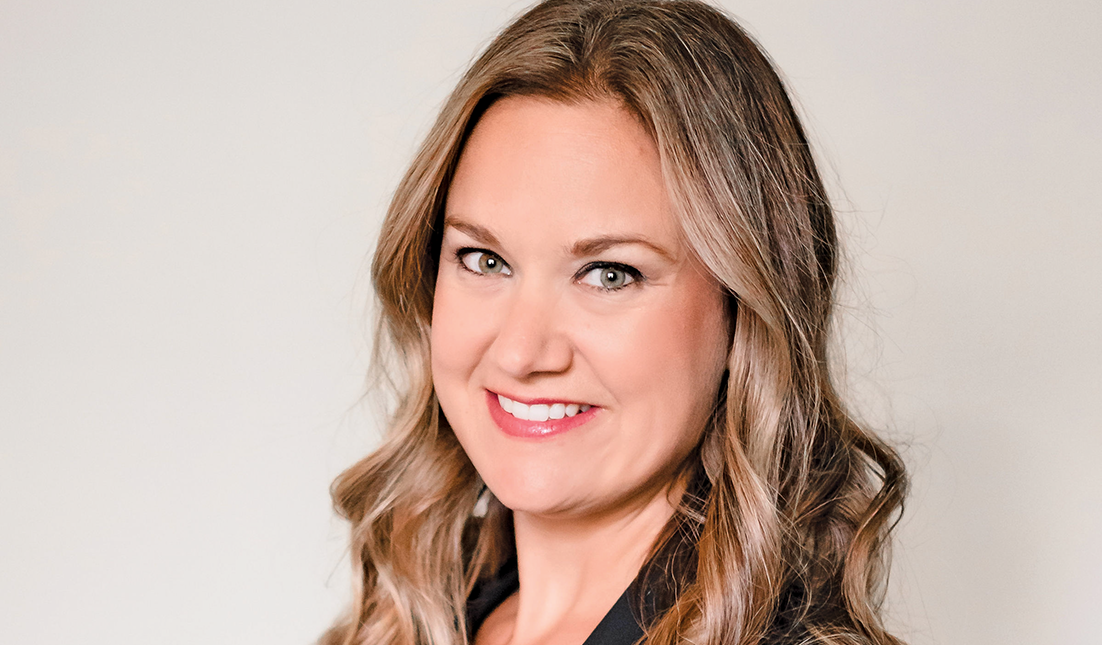Do your customers see you thriving – or just surviving?

By Mark Overbye
I recently called a service business and was greeted by a gruff “Hello.” This was followed by, “Hang on,” when they paged the right person. Their harsh and uninviting tone was hardly the recipe for building a relationship. They didn’t know me; I was simply a first-time caller inquiring about their services.
This presents the proverbial fork in the road. Do you get agitated and respond in kind? Or do you take the high road, not letting anyone spoil your joy? I love the remark, “Never argue with an idiot, they’ll bring you down to their level and beat you with experience.” The voice in my head reminded me to kill them with kindness.
Business today can get discouraging quickly. Supply line challenges, workforce shortages, rising costs and market disruptions are widespread, and no one is immune. The dogs are barking ever louder, testing your patience and stealing your joy. Take a few steps back and you’ll see that everyone is dealing with the same issues.
The difference your customers see is how you are navigating rough seas. Do your customers see evidence of your strife? Or are you using the pandemonium as an opportunity to step out, becoming distinguished as a calm and motivated market leader? Are your stake holders, customers and employees looking up to you as a sea captain with steady hands on the wheel and feet secure on the deck with an unwavering vision amid the chaos?
Everyone in business wants their enterprise to thrive. Yet how many business do you encounter every day that seemingly won’t invest in actions driving profitable activity? The most profitable are actions without cost. They’re the actions that produce feelings that say, “I like those guys and want to do more business with them.” It’s an attitude that sows seeds of loyalty. You can’t buy that, you have to earn it.
Socrates is credited with saying, “The unexamined life is not worth living.” His words in response to being tried for disrespecting Greek culture and corrupting youth are just as relevant today as in 339 BC. Socrates asked questions, lots of questions. He was a thinker and a tinker of ideas. Feeling threatened, the stiff necked leaders of the time were more interested in staunchly defending their customs than flexible thinking. Socrates’ search for meaning lead to a fork in the road where he could roll over and accept things as they are or die.
The pursuit of happiness is an unalienable right in America, yet an endeavor so mysterious and elusive to so many. In most businesses, there’s a high premium on traditional structure and sequential reasoning leading to internal analysis of increasing revenue while decreasing expenses. Coloring within the lines and not rocking the proverbial boat is a common business model focused on wealth generation but devoid of happiness. That’s probably why over 55% of people today say they’re strongly considering changing jobs.
Disrupters live by what Socrates died for. They ask why things are the way they are. They don’t accept the norm, they create new norms. Their courage is greater than their fears. They’re comfortable acting without a safety net. They step into the arena knowing they could be devoured by lions but clutching that sliver of hope.
The hulking corpses of IBM, Xerox, Blockbuster, Nokia, Yahoo, Sears, Kodak and Motorola are testament to what happens when organizations don’t continue to examine themselves, becoming so cocksure of their cash cows that innovation and continued creative thinking leave the building.
The phone call that inspired this writing is indicative of how much effort goes into starting a business but being oblivious to winning favor with customers. That particular operator saw his business being more about him than his customers. That path will have him wrestling in the briar patch forever. The more enlightened path is one where the customer is the priority.
Contemplative questions include:
- Are the central aspects of my business practices developed around being a solutions depot for my customers?
- Do my business metrics look externally, measuring loyalty, repeat business and churn?
- What are my customers’ opinions of our relationship?
- How many miles do we walk in our customer’s shoes?
- What are my competitors doing to win favor?
Socrates should be the poster boy for your business. Failing to asking questions flings the door wide open for competitors who welcome the constant examination of how to do better.
Mark Overbye is the CEO of Anthem Marine, as well as the chairman of USA Waterski and Wake Sports Foundation. He is also the founder of Montara Boats and Gekko Sports.




